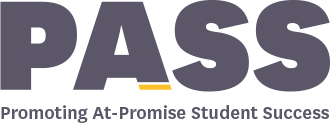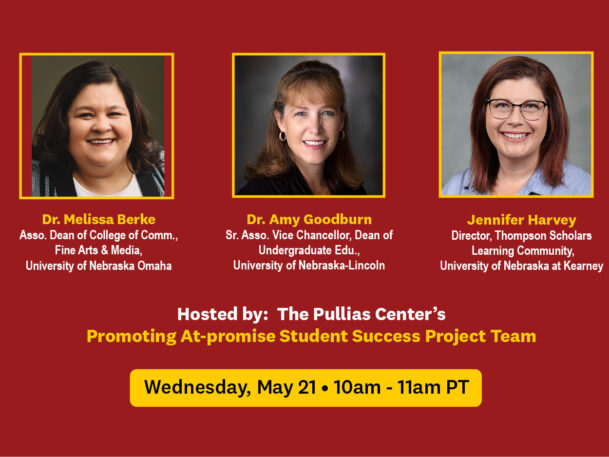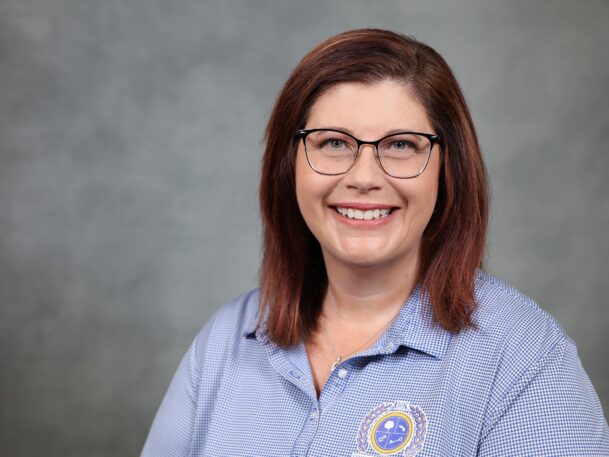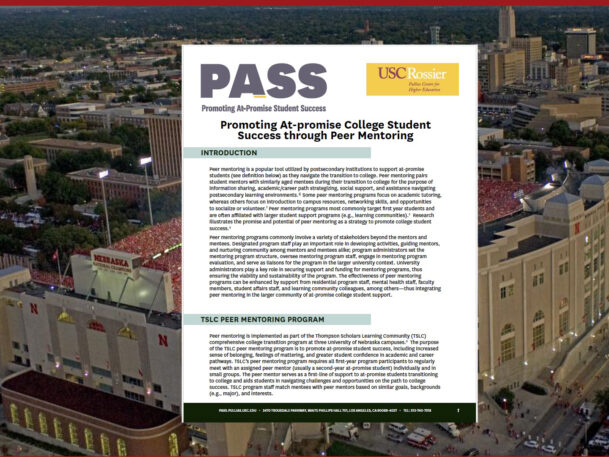Project Updates
Dr. Joseph (Joey) Kitchen, Associate Research Professor at the Pullias Center for Higher Education and the USC Rossier School of Education, has been selected as the editor for the Journal of the First-Year Experience & Students in Transition, a semi-annual journal published by the National Resource Center for the First-Year Experience and Students in Transition at the University of South Carolina’s flagship campus in Columbia, SC.
November's Complete College America conference brought together a dynamic group of educators, policymakers and educational advocates to strategize about higher education and workforce opportunities. With a focus on data-driven strategies, innovation and action, convening attendees engaged around what it takes to increase college completion rates across institutions, states and the country. PASS project Principal Investigator, Zoë Corwin, along with Amy Goodburn, Senior Associate Vice Chancellor and Dean of Undergraduate Education from the University of Nebraska–Lincoln and Toni Hill, Professor from the University of Nebraska at Kearney had the opportunity to share research findings and practical implications from their work on Professional Learning Communities.
Join the Pullias Center's Promoting At-Promise Student Success (PASS) project research team as we share key findings from our three-year study involving postsecondsary professional learning communities (PLCs) designed to support at-promise students. This webinar will feature a conversation with members of three participating PLCs, who will discuss their experiences, key lessons learned and next steps. Additionally, we will introduce free, ready-to-use tools to help you successfully launch and facilitate your own PLC.
One question I continue to ask in our department and on our campus is: How are we changing our practices and policies to be student-ready, rather than expecting students to be college-ready? At-promise scholars entering college have many pressures and responsibilities that we need to acknowledge and adapt to for students to not only be successful academically, but for them to experience positive well-being as well.
Peer mentoring is a popular tool utilized by postsecondary institutions to support at-promise students as they navigate the transition to… Continue reading Promoting At-promise College Student Success through Peer Mentoring





